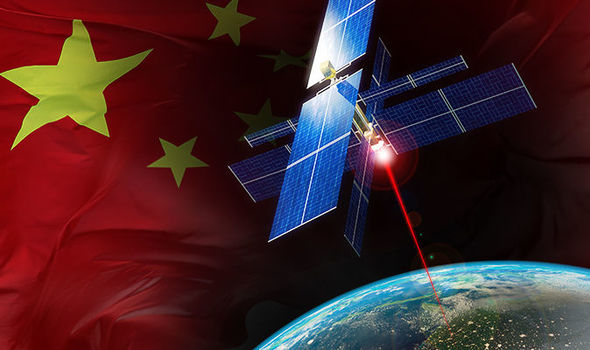In less than six years, China would have become the world's second largest space power in terms of government satellites.
300 satellites
According to a recent report by CASTC (China Aerospace Science and Technology Corporation), the Chinese government had more than 300 government satellites in service by 2020. Among them are navigation satellites in the Beidou constellation, remote sensing satellites for weather and maritime surveillance, and communication satellites. The total number of users of China's direct-to-home satellite broadcasting services has exceeded 145 million people. As a further step, it has begun the commissioning of its broadband communication system with the launch of the APSTAR-6D telecommunications satellite in July 2020. Above all, it is on track to catch up with the United States in all segments of military satellites (Optical Reconnaissance/SAR/Sigint, oceanic surveillance, orbital surveillance, early warning, strategic communication, navigation, ASAT ...).
Political will
Present at the Chang'e 5 lunar mission exhibition on February 23, 2021, leader Xi Jinping recalled the importance of space exploration for China. He then called for the acceleration of space work by promising a full mobilization of resources. The recognition of China as a leading space power being one of the priorities of the Chinese government.
Space ambitions
China is therefore continuing its progress in space, with the ambition of a lunar landing on the Moon by 2030. The mission to Mars, called Tianwen, which is a few days away from its launch into orbit around the red planet, combines an orbiter, a lander and a rover in a single unit. In addition, it aims to build a space station and launch a probe to the Red Planet. Its BeiDou program is now complete with the launch of the last satellite in the constellation last year. Chinese researchers are now focusing their efforts on the creation of a "heavy lift" rocket that should be ready by 2028 and will be used for China's first interplanetary mission. In addition, the Long-March 5B rocket has just completed its first ground tests with a 520-second thrust. It will have the heavy task of transporting the modules for China's future space station.
Découvrez cet article sur Air&Cosmos

